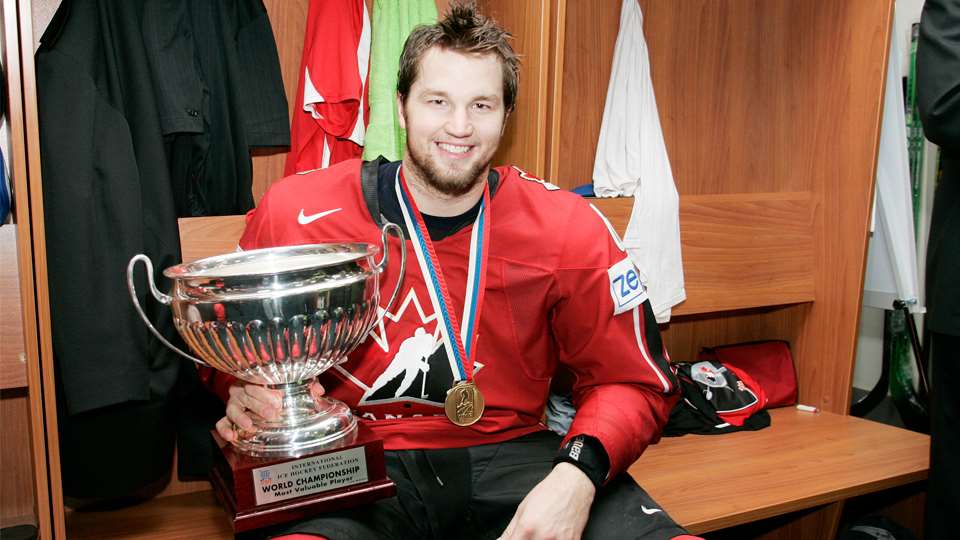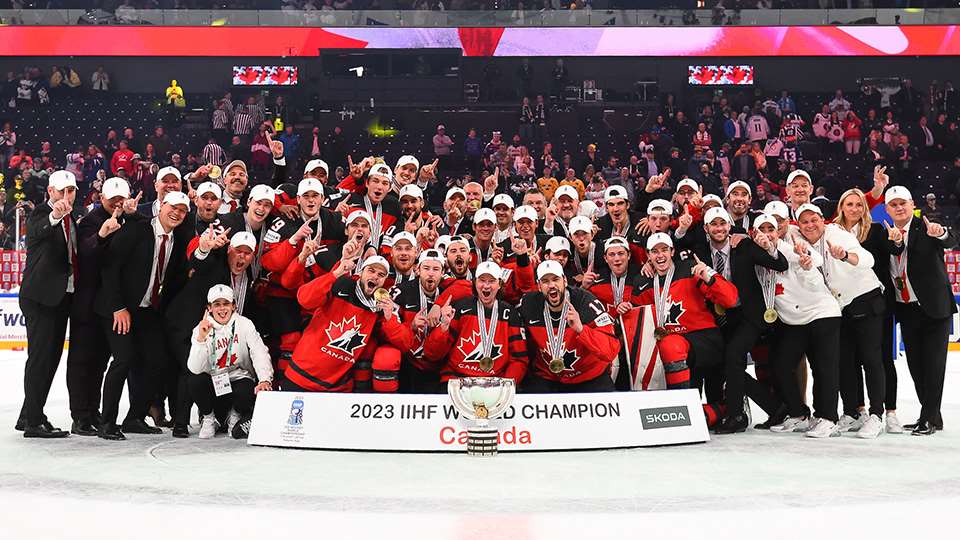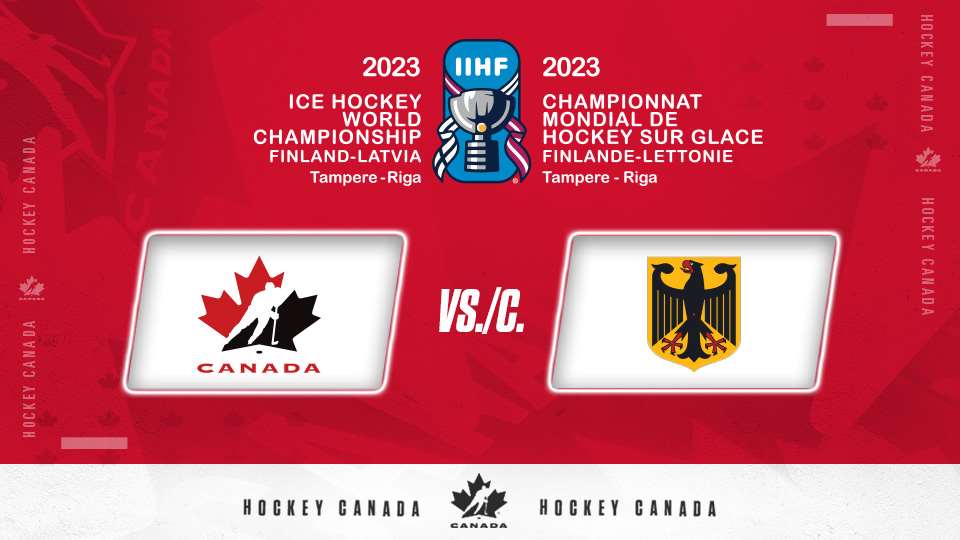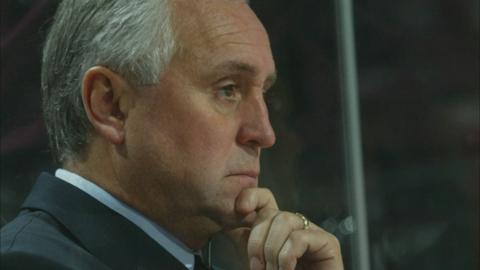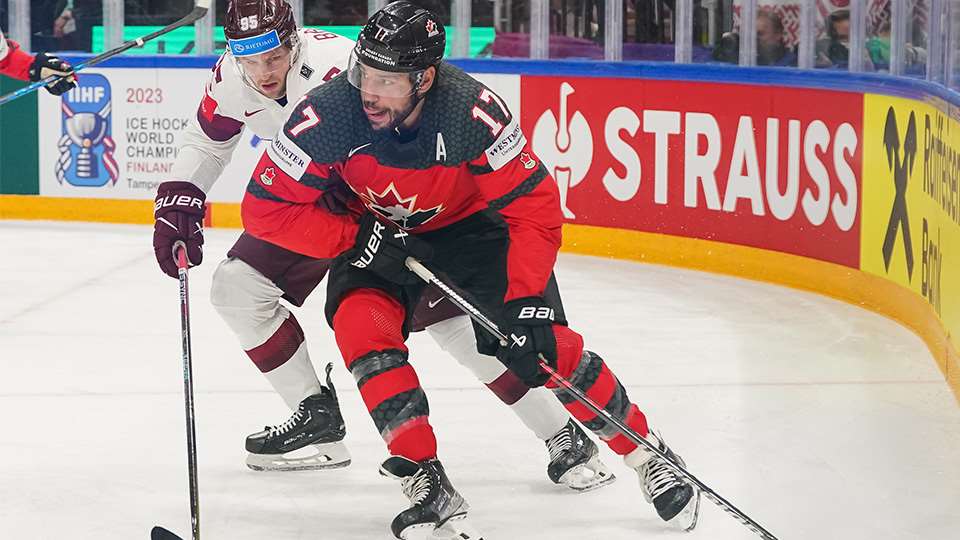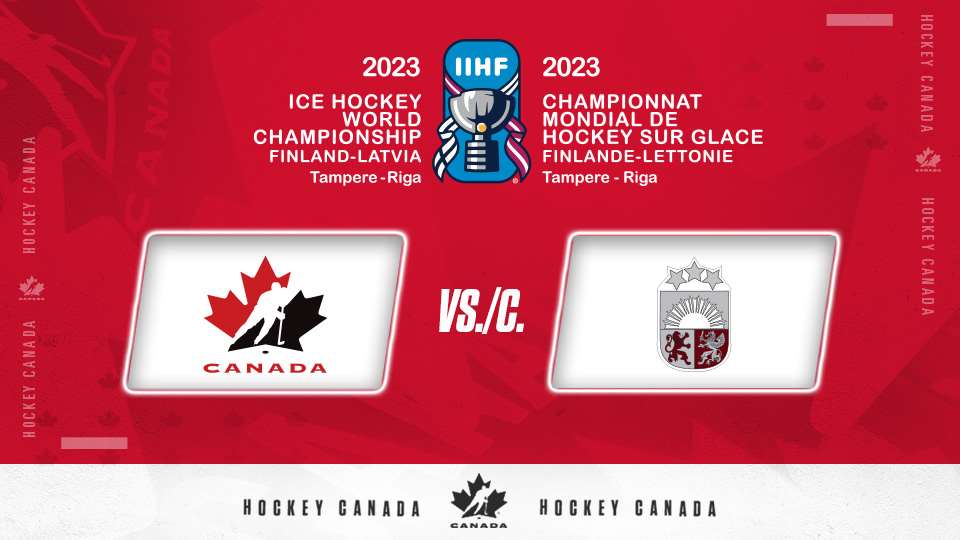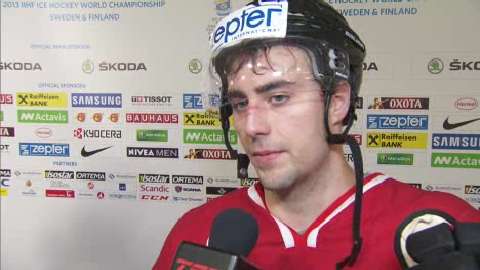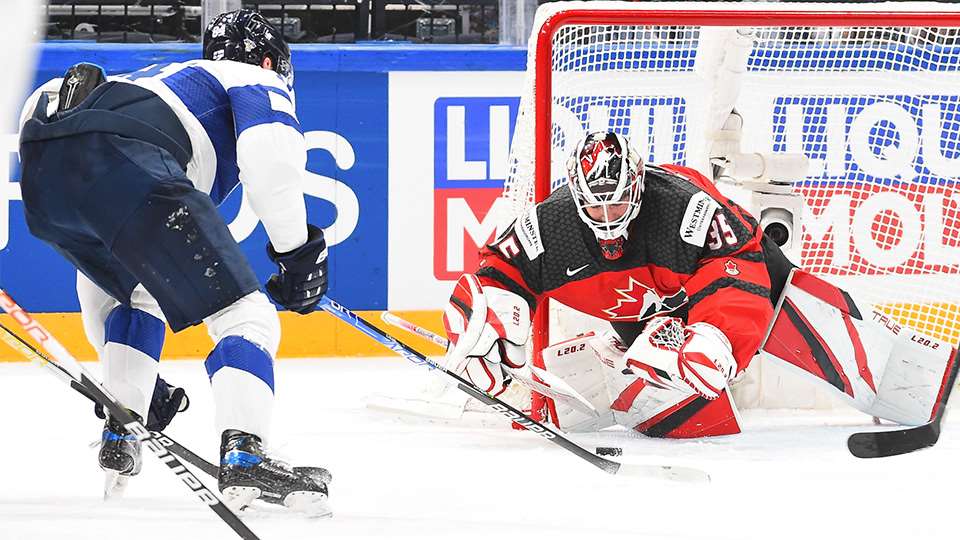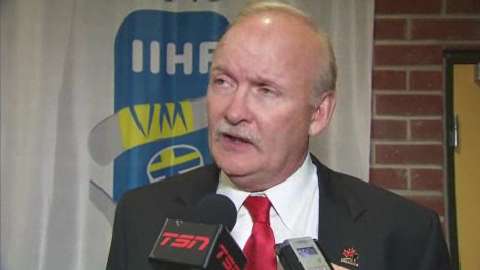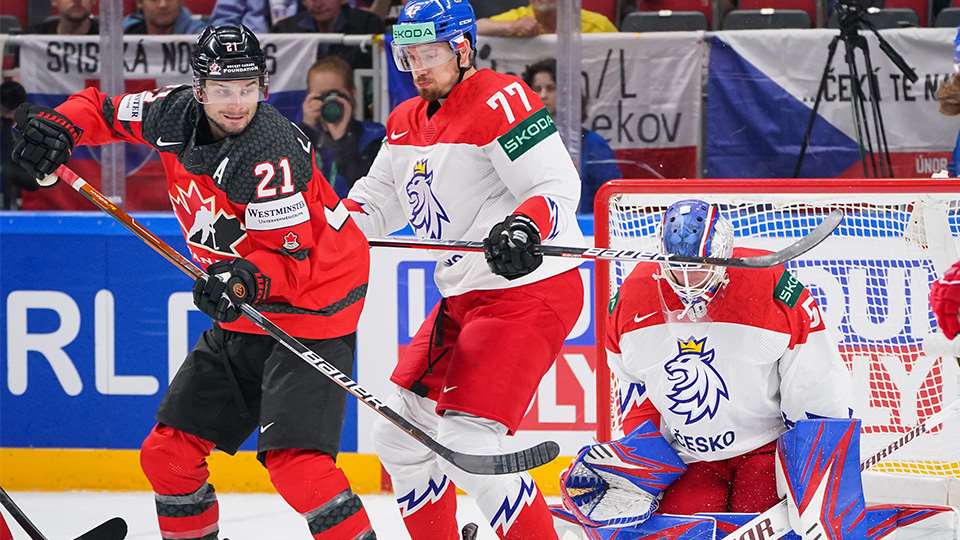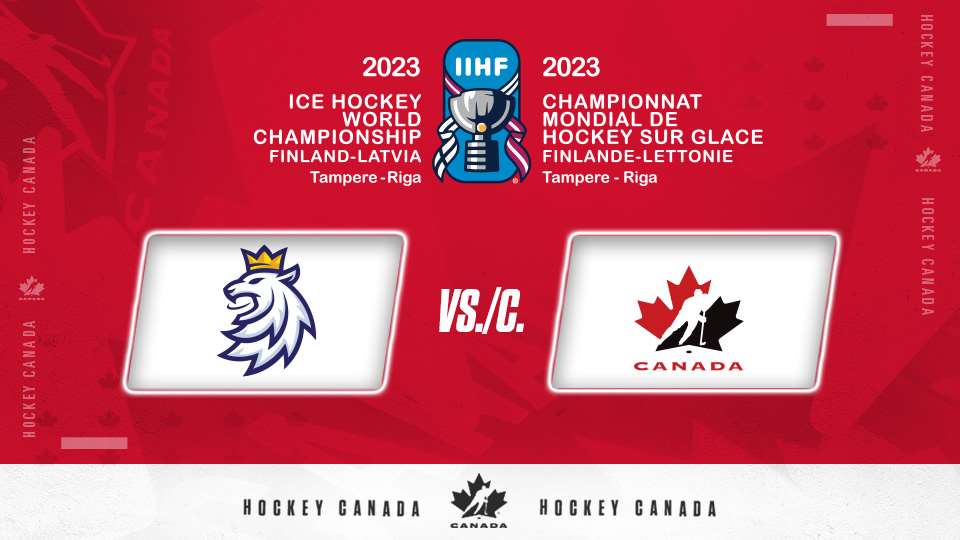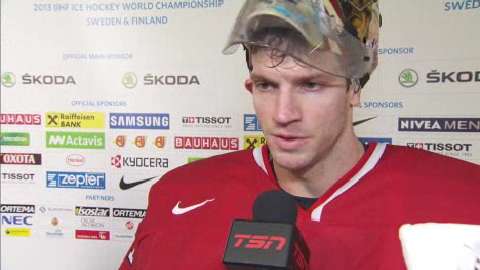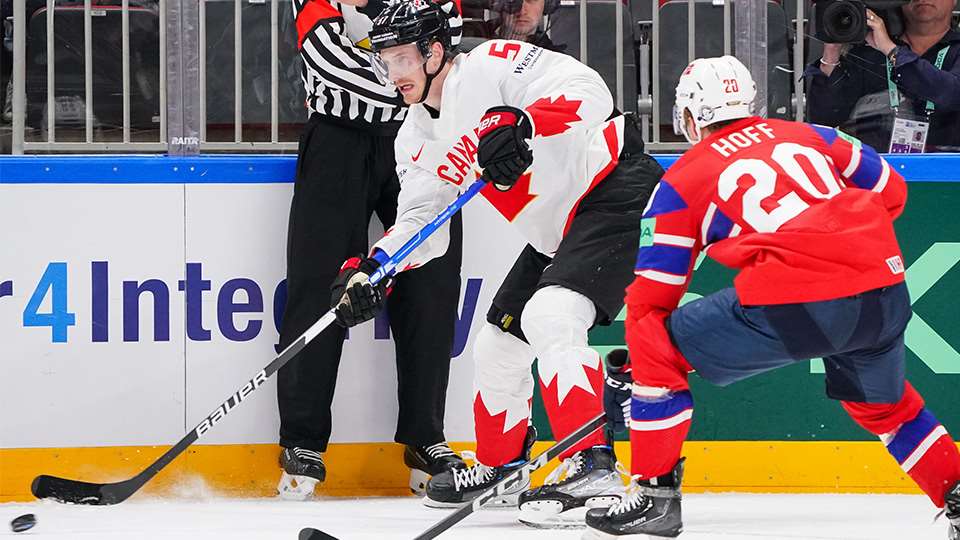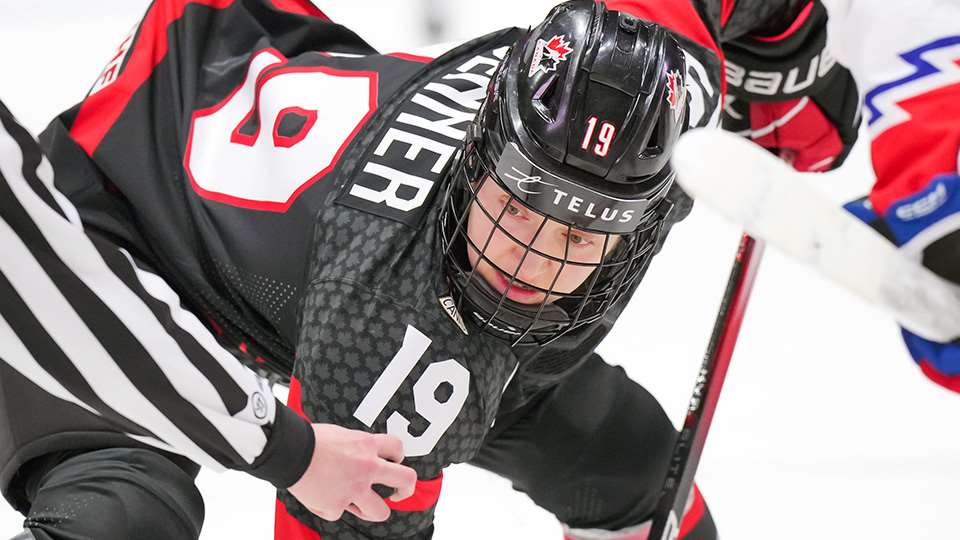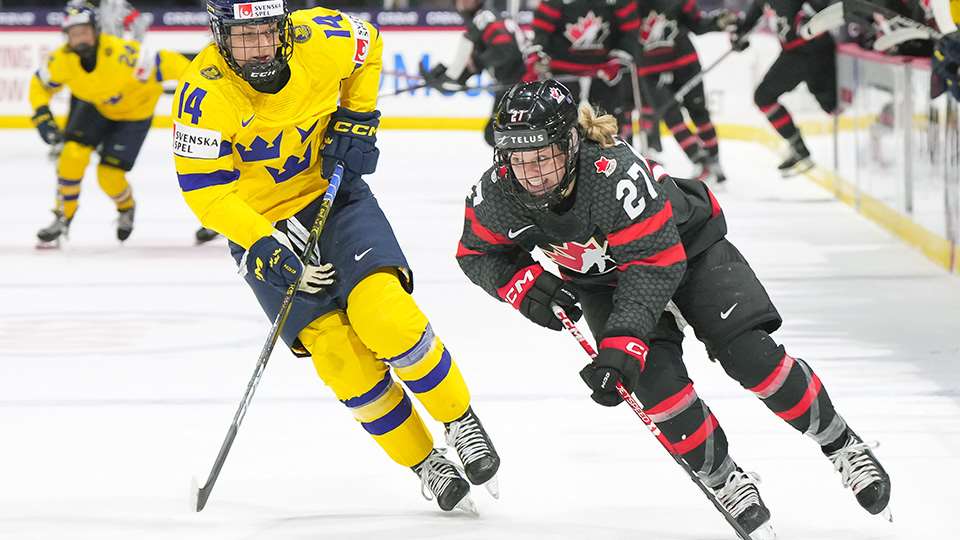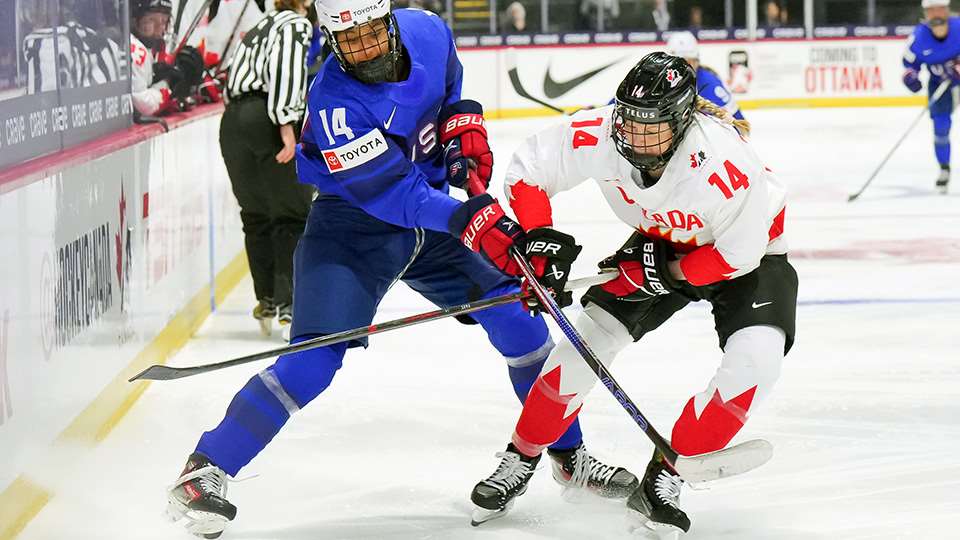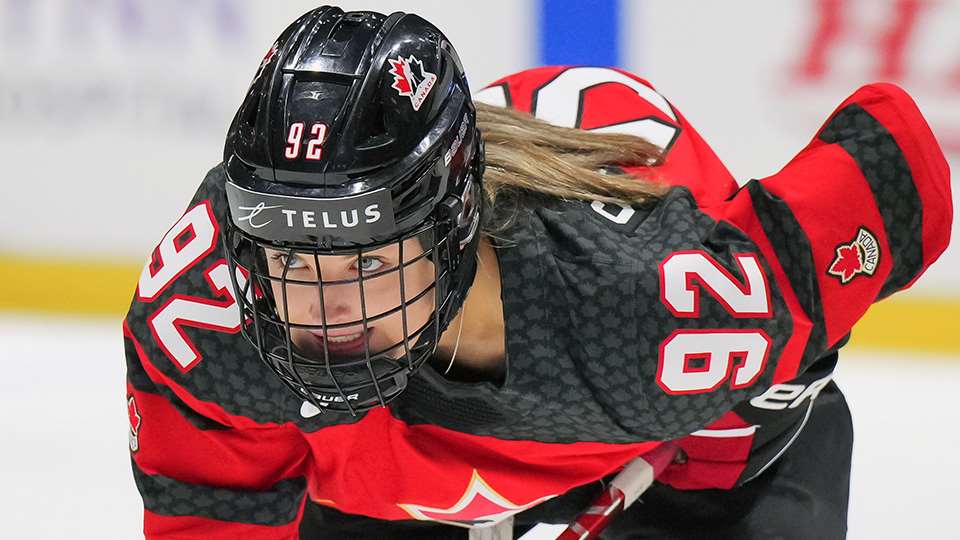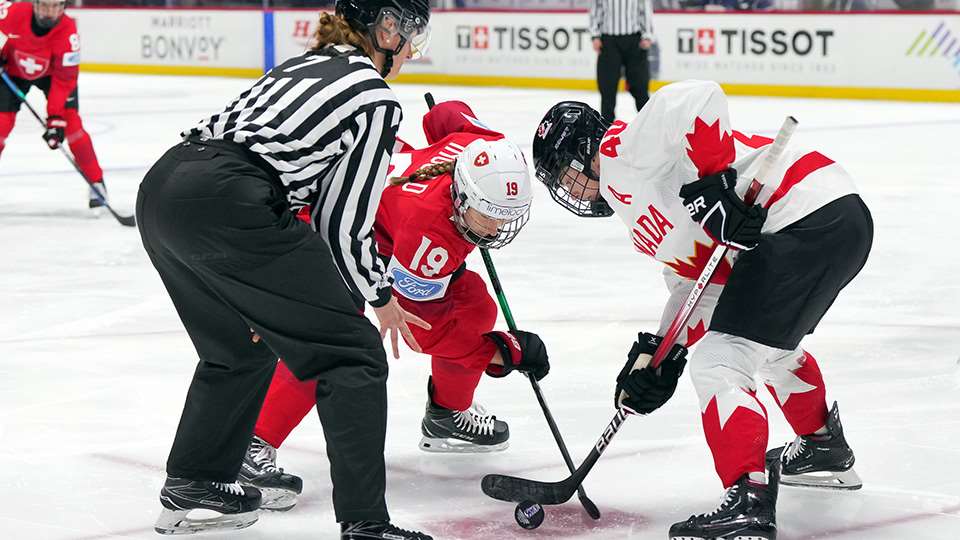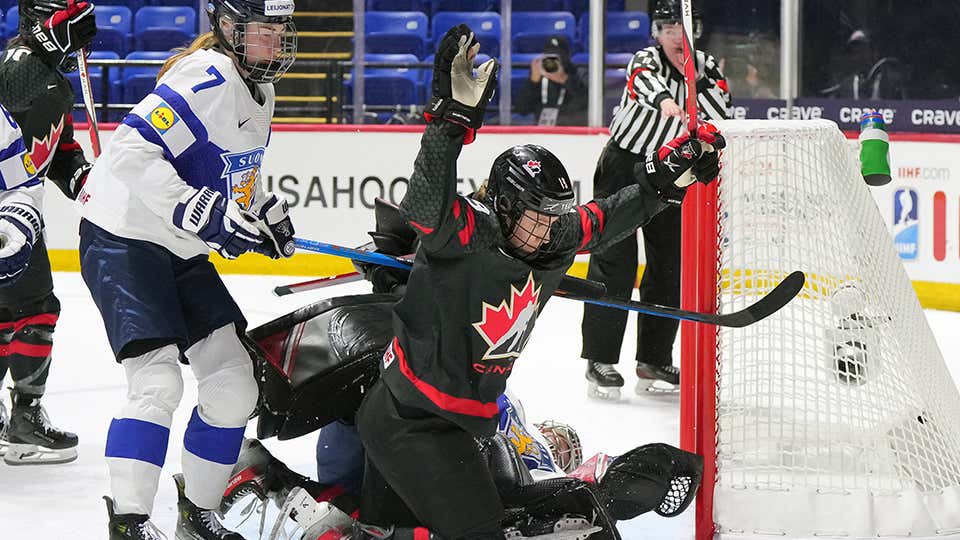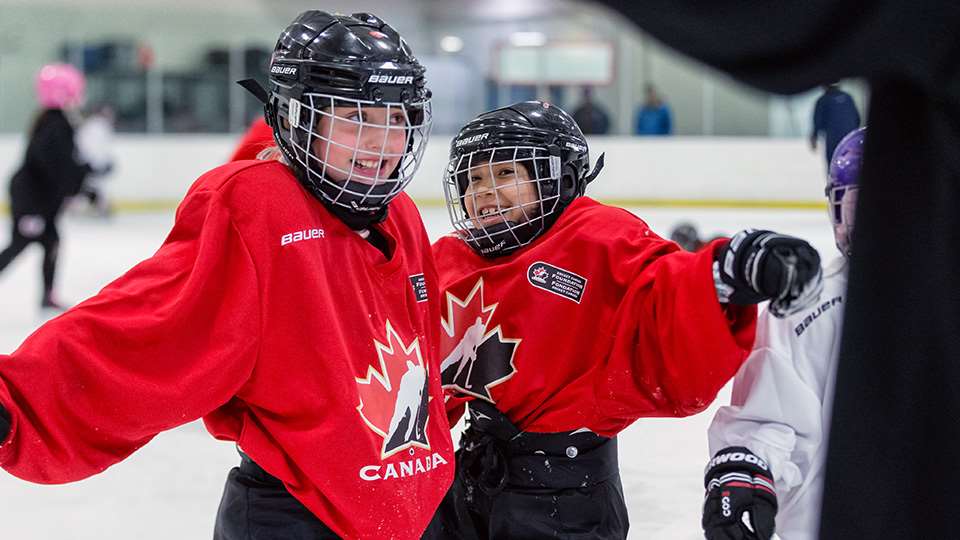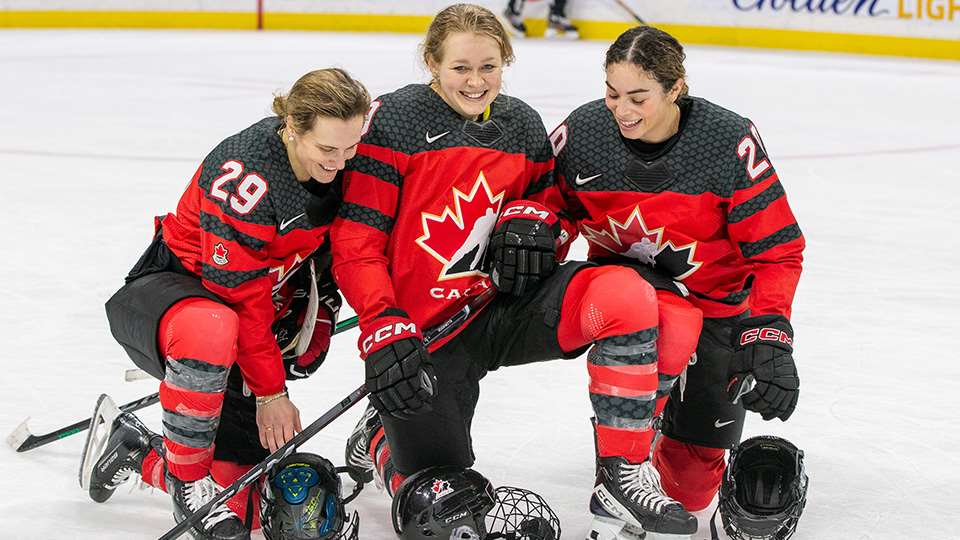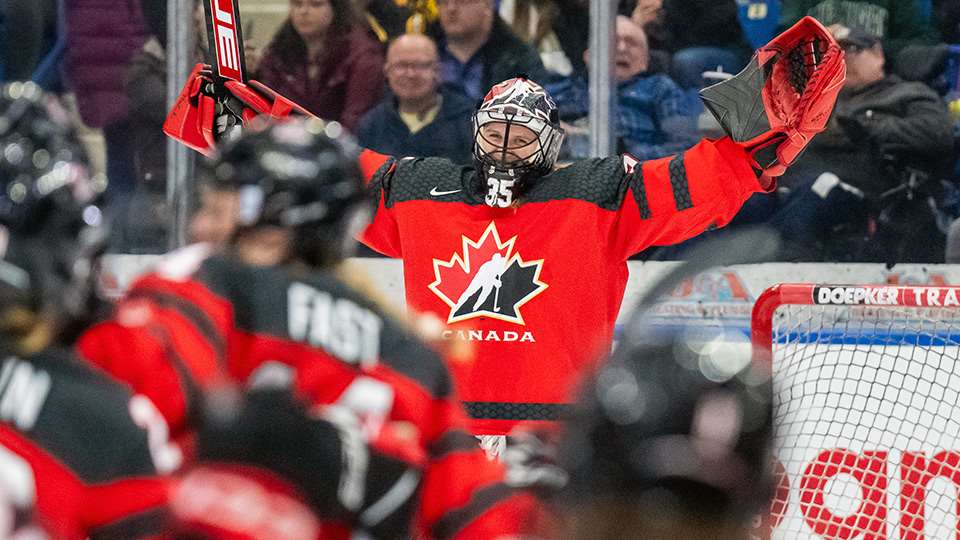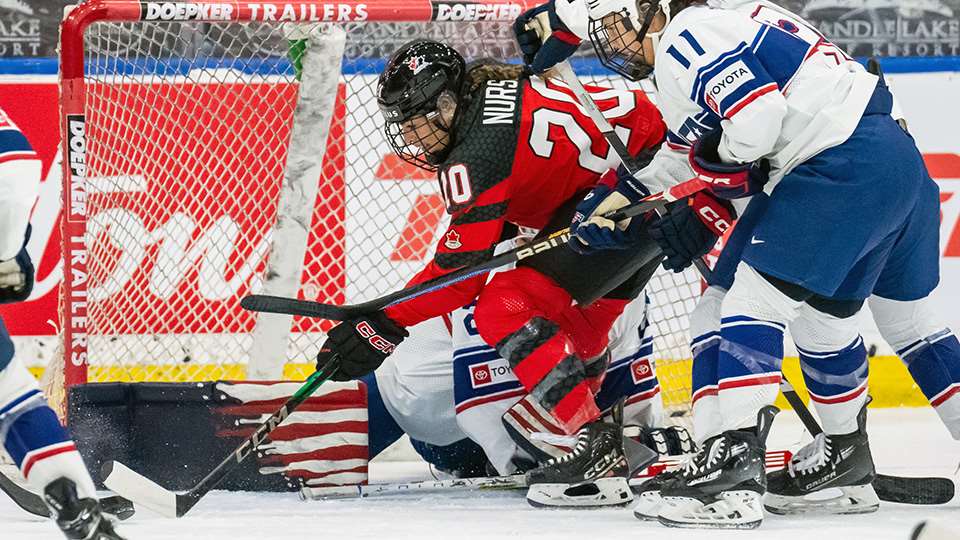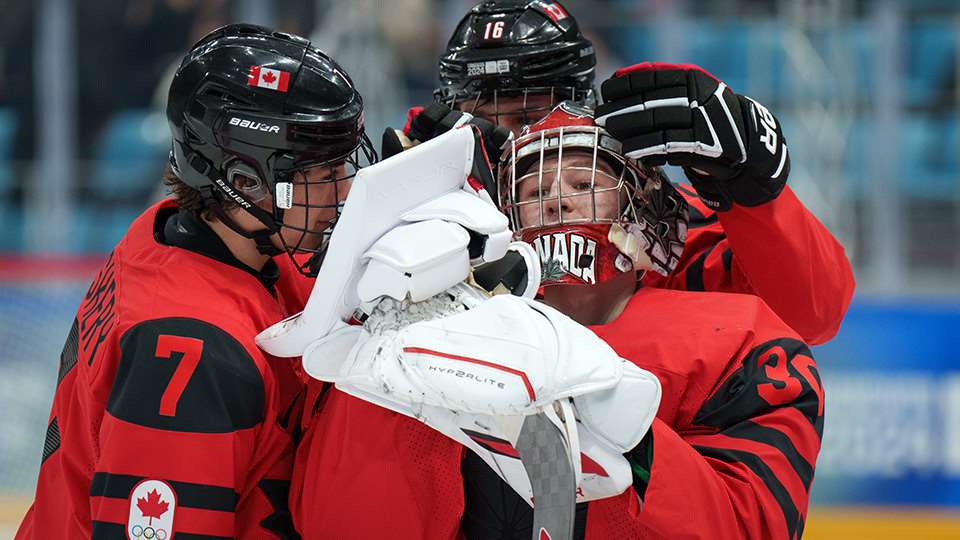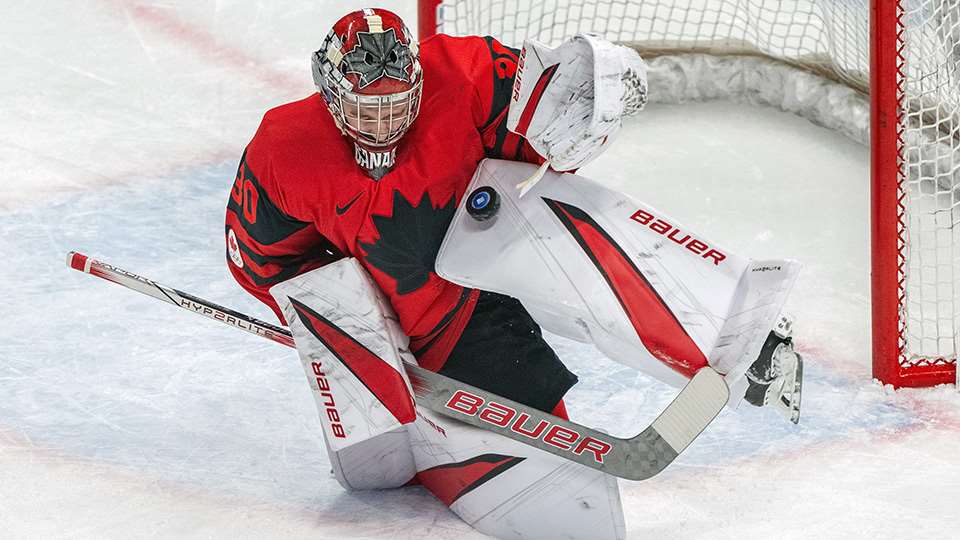ZURICH, Switzerland – Name a country where hockey is played and Dave Fitzpatrick has a story about it.
For the last 15 years, Fitzpatrick has been the International Ice Hockey Federation’s sports director. One
of his jobs is to travel the world, offering the IIHF’s support and guidance in growing the game.
It has quite literally taken him around the globe, and that means offering support in places like Taiwan,
Qatar, New Zealand, South Africa, Poland and Malaysia, for example.
“It is working with them on all their different programs,” said Fitzpatrick, who was born in Toronto and
was a long-time employee of Hockey Canada before he came to Europe.
“I go through a (48-page Canadian business) passport in about three years. It has taken me round the
world, for sure.”
When Fitzpatrick joined the IIHF in 1994, international hockey’s governing body had about 54 members and
has since grown to 68.
The growth has kept him busy and he has tons of memories.
One of his fondest memories is about a development camp in Nymburk, Czech Republic. A player from Mongolia
who was attending the camp spent the first day riding a camel to the train station. He then took a train for
the next six days, crossing Mongolia and Siberia to Moscow and then to Prague and finally over to
Nymburk.
“We flew him back to a major destination closer to home so he did not have to take the same trip back
home,” said Fitzpatrick.
Asked what was the most unique place he’s worked, Fitzpatrick barely batted an eye in giving his
response.
“It was in Singapore and it was small ice surface, about 15 feet by 30, and it was on the top floor of a
department store and they played four-on-four. They had teams there from a number of Asian countries and it
was a tournament.
“It was one of those where the dressing rooms were curtains and boards but they just loved it, they loved
the game. Once they hit the ice, the passion was there. The cultures and languages were all different but
once they hit the ice the passion was there.”
The IIHF distributes about $300,000 worth of equipment annually based on the needs of the organizations
that request it. IIHF members meet certain criteria in order to qualify for the gear.
“We look at the organization, see the areas they are strong in and the ones that aren’t so strong,” he
said. “We say, ‘you work with the strong area and we will do what we can with the weak area.’”
Besides equipment, the IIHF also sends in administrators, coaches and referees, for example, to work with
their counterparts in developing countries.
“We need to teach them to teach themselves, to become self-sustainable and self-efficient,” said
Fitzpatrick. “It takes longer to do but that is the goal. The trick is convincing them they can do it and
then giving them the support.”
After the 2009 IIHF World Championship is over, one of the things on Fitzpatrick’s agenda is a 20-country
development camp in Finland, involving more than 400 participants ranging from players to coaches, equipment
managers and referees.
“They work with their own peers and that is important and they feel more confident when they are doing it
and then when they go home they feel even more confident.”
Fitzpatrick has been working with the IIHF long enough to see the explosion in women’s hockey, both in the
interest and the number of participants.
“We have 37 countries where women’s hockey is active. Spain is in and we have a program coming in Poland.
You cannot believe the list.”
Fitzpatrick has other duties besides overseeing the growth of the game.
He is currently involved in an audit project aimed at getting an accurate read of the number of female and
male players and officials along with the number of indoor and outdoor rinks across the IIHF membership.
He also oversees the transfer of players between countries and between Europe and the National Hockey
League.
But development is what Fitzpatrick loves the most. He is thrilled at the worldwide growth of the
game.
“A surprise was Malaysia. The arena was inside of a five-star hotel and shopping complex. Qatar has a
marbled arena.
“The beauty of the IIHF is we are 66 or so countries but we come together at least twice a year as a
family. And because of that and what we do, we are in contact with at least someone once a week directly. So
when we go to the annual meeting, we know everybody.
“We come together as a family so when there is a problem, they quickly can talk to someone with a face
they know and because of what we do, quite often it is us. So the family works pretty well together.”

























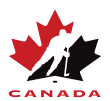
_20231201215358_0.png?w=30&q=60)
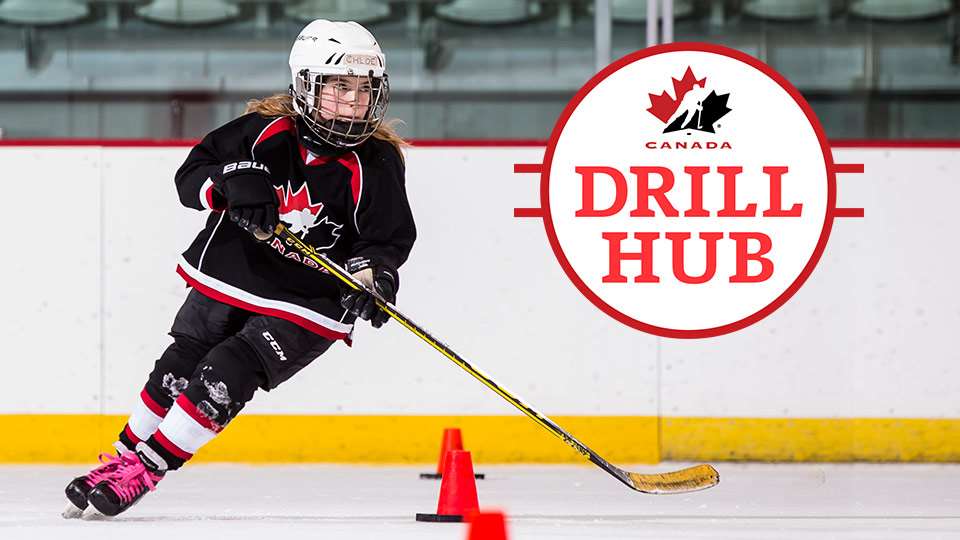
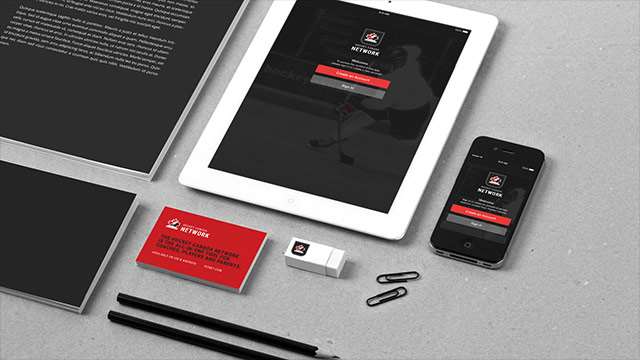
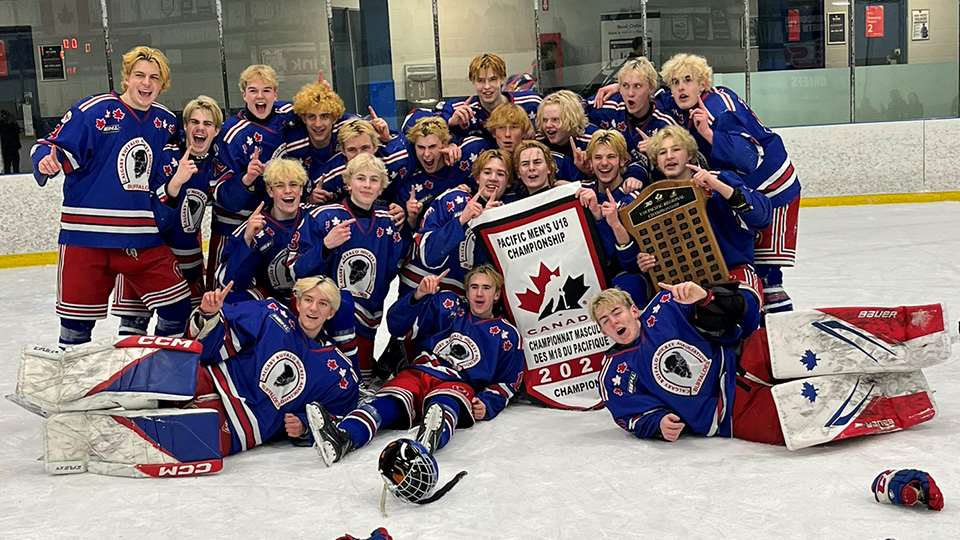
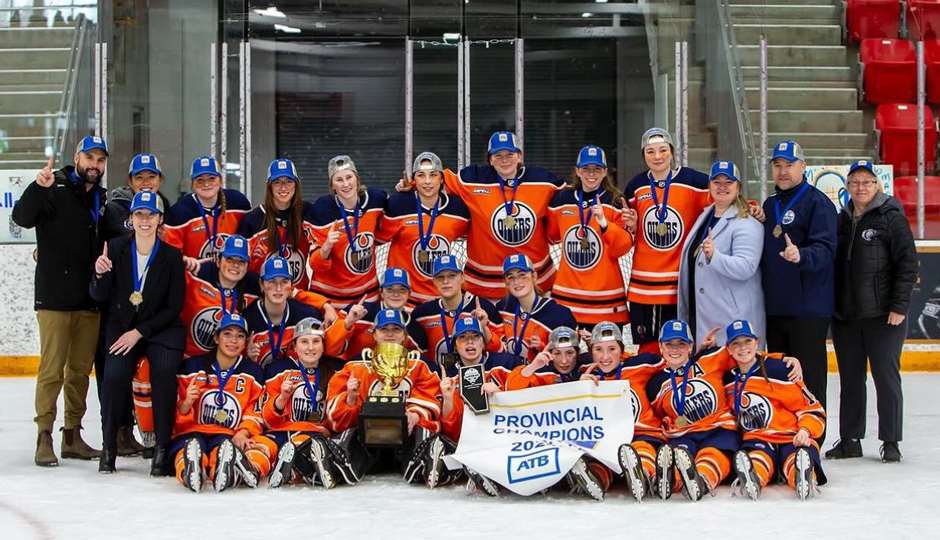
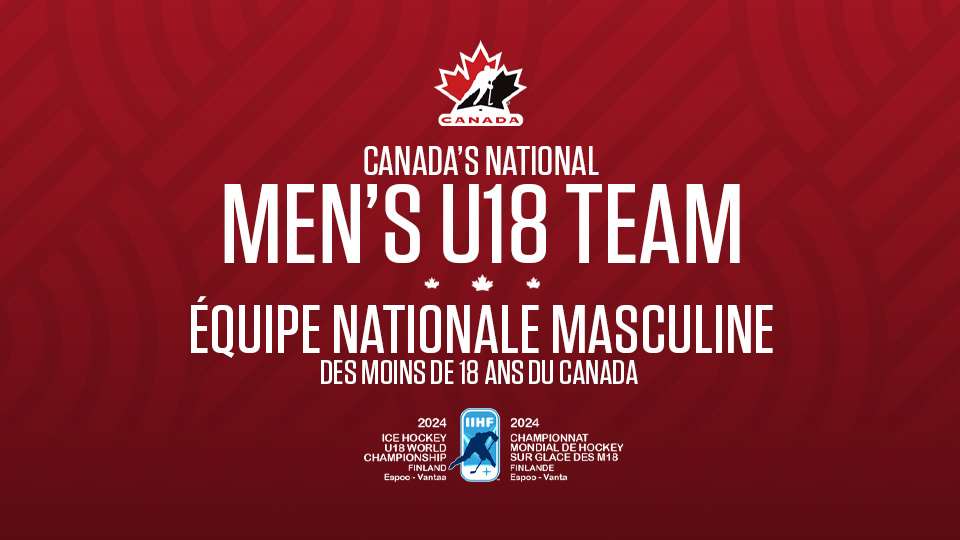
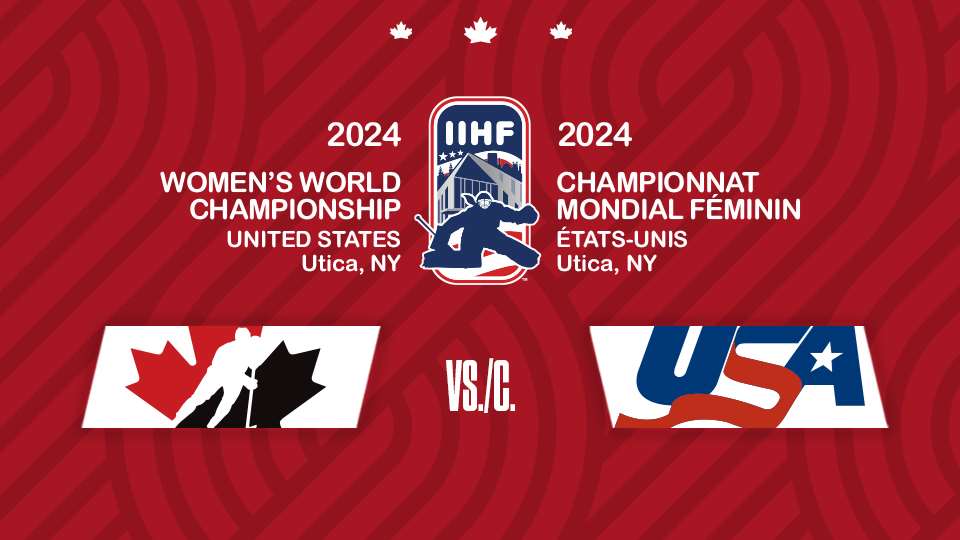
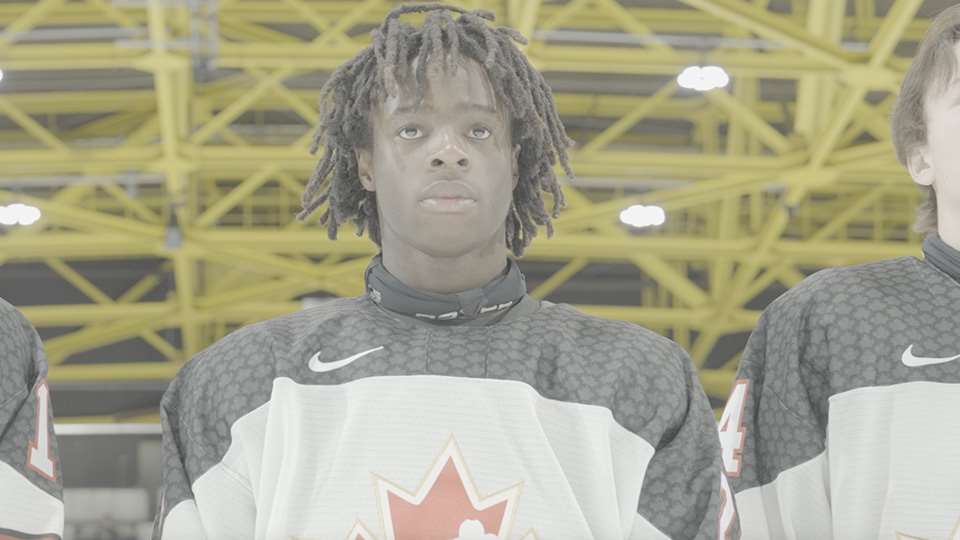
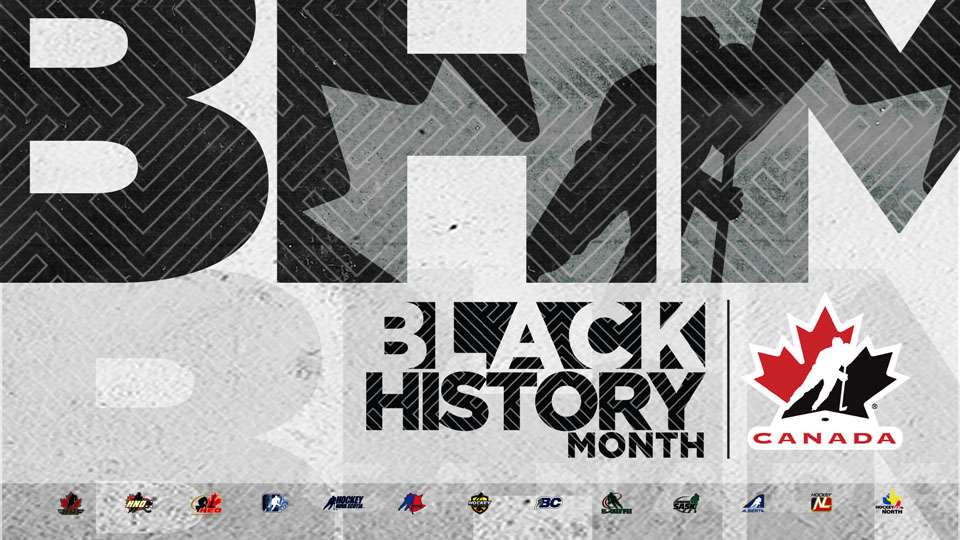
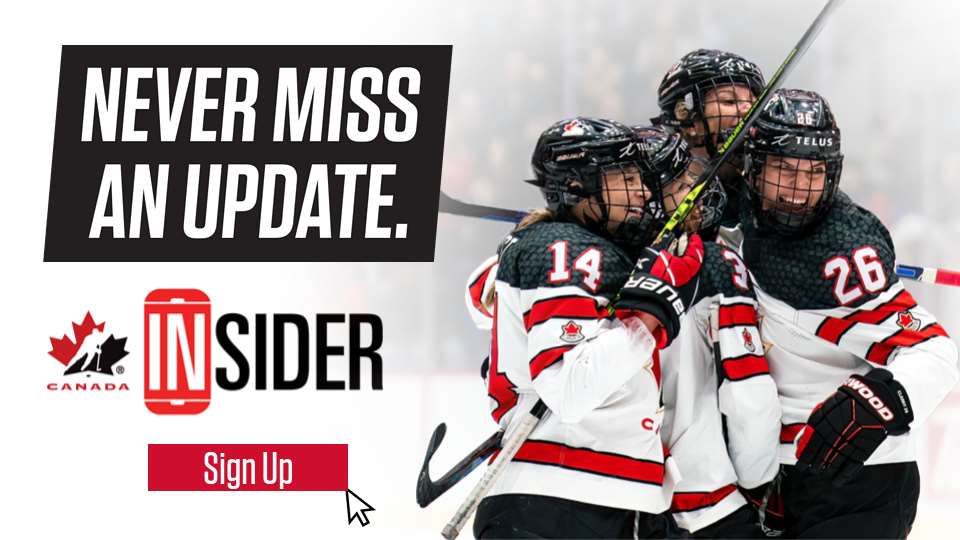
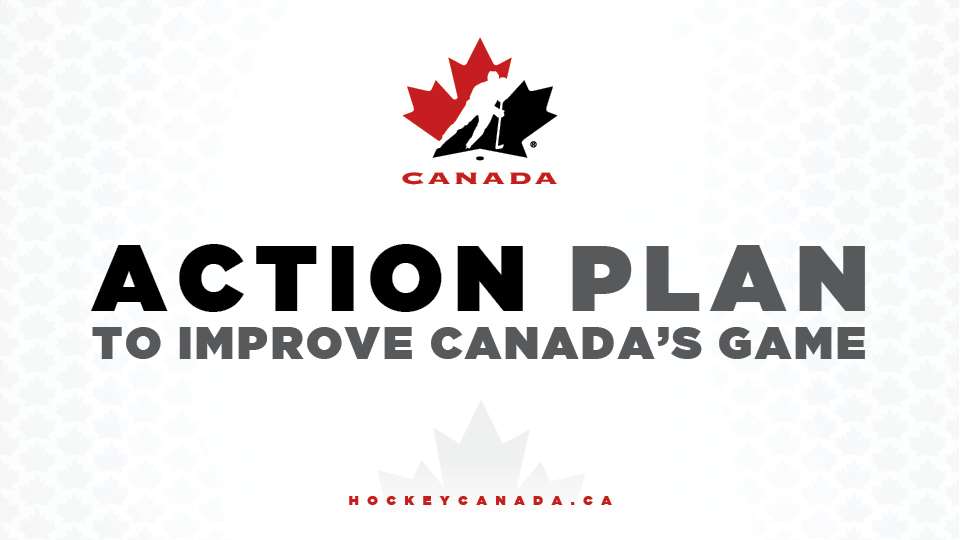
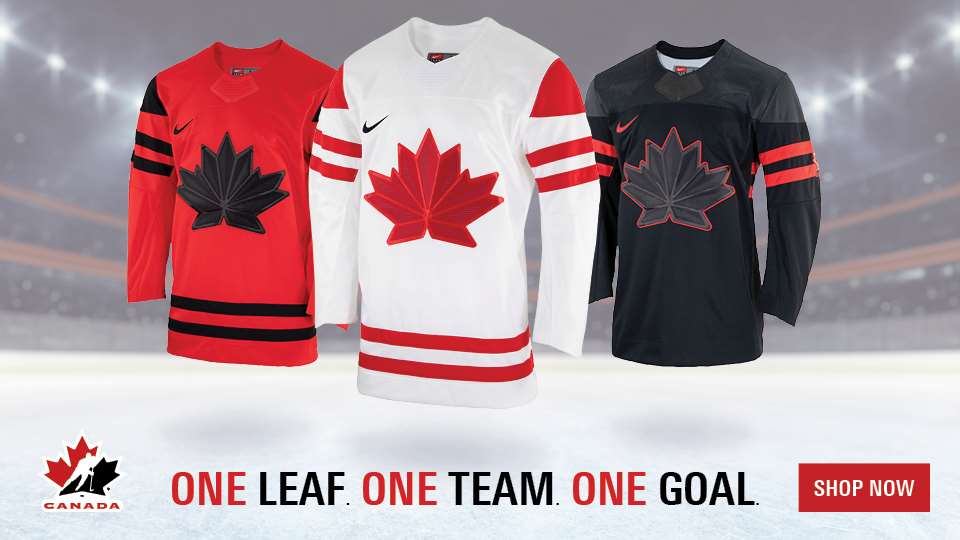


_20231201215358_0.png?w=20&q=60)


